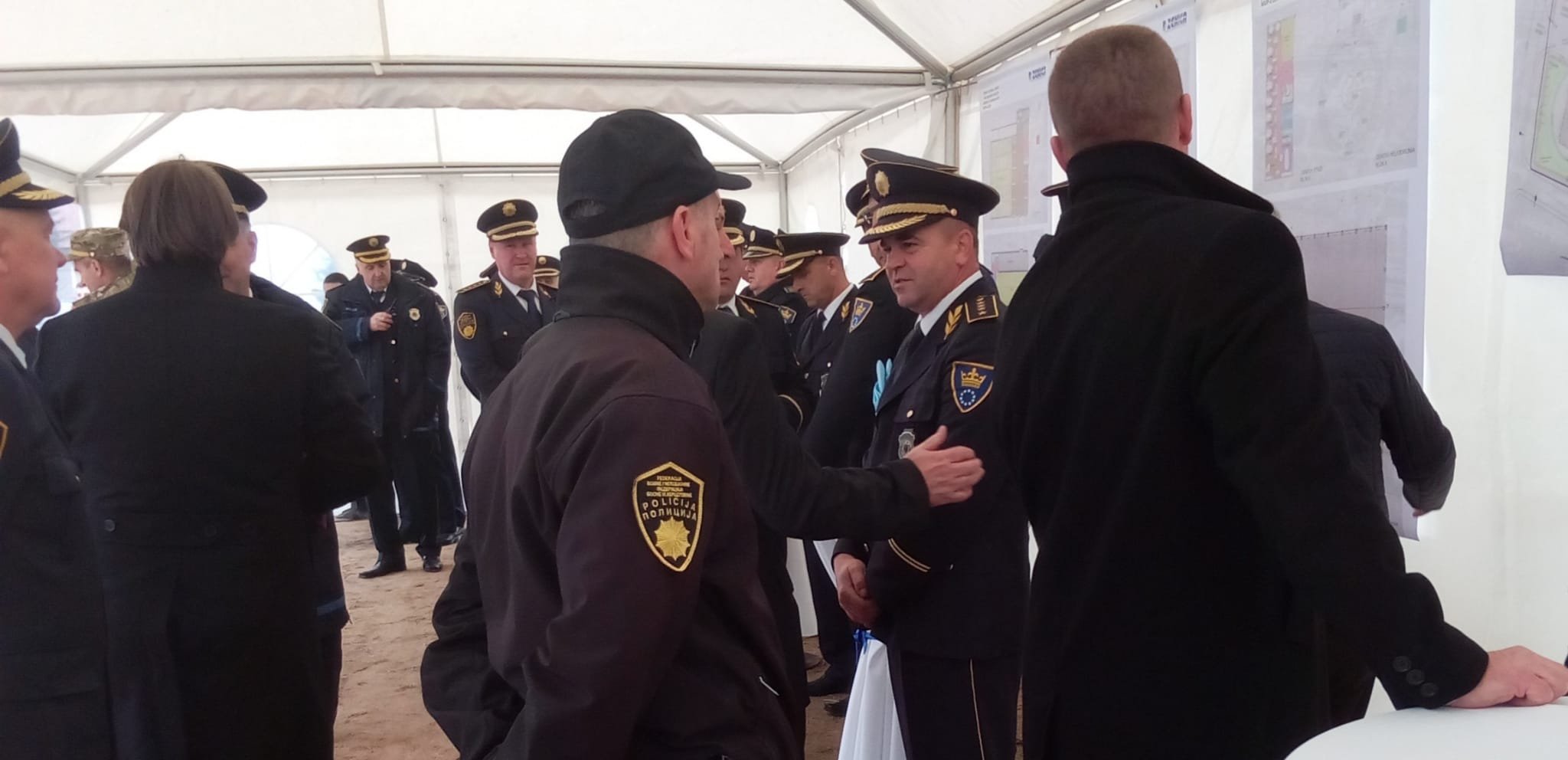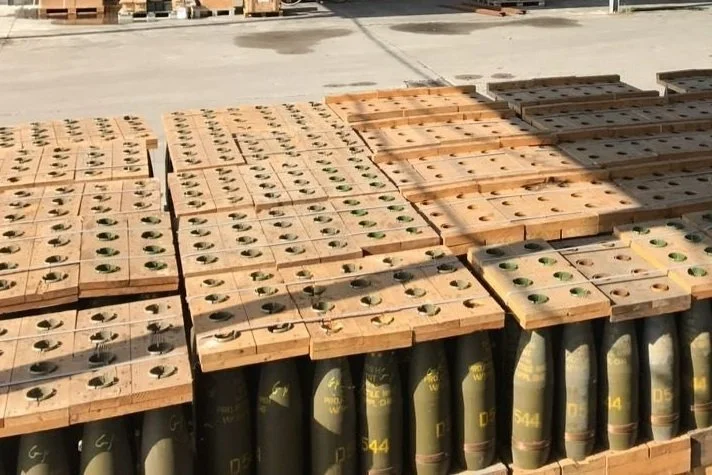
Highlight
Women in Leadership at DTCare
Equal opportunity for women is innate to the DTCare organization. DTCare is built on the principles of inclusivity and equal representation. At DTCare, we value diversity in expertise, perspectives, and know-how that makes a positive impact and helps fulfill our mission.
Zemira Konjalic
Zemira Konjalic brings a strong background in program management and many years of experience in the local non-profit industry to the team as DTCare’s regional manager for Western Balkans.
She worked with numerous non-profit organizations to promote and preserve cultural diversity, biodiversity, and to aid displaced individuals.
Zemira steers DTCare’s Bosnia & Herzegovina operations with tactful savvy and expertise to aid law enforcement capacity building, environmental conservation, and promoting civil liberties.
How we meet the UN’s sustainability goals
-

Goal 11: Sustainable Communities
DTCare is addressing biodiversity loss and promoting sustainable beekeeping practices in Bosnia and Herzegovina to uplift local beekeepers and combat bee extinction in collaboration with the University of Sarajevo.
Learn more → -

Goal 15: Life on Land
DTCare is educating local beekeepers on sustainable beekeeping practices to protect bee colonies and address some of the current challenges local beekeepers face in Bosnia and Herzegovina.
Learn more →
Bosnia & Herzegovina Operations
Leading the Way through Transforming Legislation, Capacity Building, and Defending Civil Liberties
DTCare in Sarajevo was formed to address youth engagement, public safety, environmental concerns, education, conflict, and reconciliation in a politically divisive environment. Within six months of its inception in Bosnia and Herzegovina, DTCare Sarajevo accomplished various projects defining its future activities based on the challenges observed in the area.
We expanded operations into Bosnia and Herzegovina when we noticed that Bosnia was ripe for action on several fronts, from disarmament to civil society building. In the security sector, we noticed a distinct lack of cooperation and coordination, especially in the areas of emergency response and crisis response. Our projects directly address these issues.
In the past six months, DTCare organized, promoted, and hosted various programs. We started a young adult sports program which included an arm-wrestling competition. We assisted DHS with a biometric project at the University of Sarajevo. We worked with the border police of Bosnia and Herzegovina with the technological literacy and selection of border security technical means. We assisted with biosecurity related to COVID-19 by assembling a team to map zoonotic pathogens. We also held a beekeeping workshop, in partnership with an Austrian NGO, featuring a guest speaker from the USA.
Activity workshops and assistance seminars aimed at improving border security and law enforcement capacity as well as initiating judicial reform while ensuring dignity, compassion, and human rights during the ongoing migration crisis.
The promotion of public safety and civil society through thematic interactive workshops combining the knowledge, expertise, and inputs of university students (security studies, human rights, criminal justice, law) and working professionals and experts to combat illegal activity, corruption, human and animal trafficking.
Promoting a healthier and safer future through developing scenarios and response-types to curb virulent strains of pathogens.
The Western Balkans region is a home to several endemic pathogens and zoonotic risks that could present potential pathways for emerging epidemic and pandemic scenarios and associated crisis-response.
Bosnia and Herzegovina faced a devastating war in the 1990s, and disarmament and regional security became crucial issues in the aftermath. The implementation of the Dayton Peace Accords in 1995 helped establish a unified armed force and a system of arms control and weapons reduction. Small arms and light weapons remain a concern, as they contribute to a volatile security situation.
DTCare is committed to the preservation of peace and the de-escalation of regional tension, both to the people of BiH and the wider Balkan Region. One of the founding fathers of DTCare Bosnia & Herzegovina teaches at the University of Sarajevo on crisis management, emergency operations and communications, and regional security and they have recently issued two textbooks to that effect.
DTCare is seeking unifying elements in a decentralized society inherent to post-conflict countries.
Targeted programs promote unity and camaraderie through communal projects, community building, civics education, mapping of peace-building strategies and re-establishment of cross-cultural dialogue.
Women’s empowerment through creating awareness and promoting inclusivity systematically.
Women in smaller communities remain under-utilized in community development and civic-consciousness building while their needs and interests are not taken into account jeopardizing their human rights.
Workshops addressing the current perils local beekeepers are facing from the effects of climate change, pollution, habitat loss, pests, diseases and ignorance to raise awareness and facilitate solutions.
DTCare in cooperation with the University of Sarajevo seeks to improve beekeeping effectivity, biosecurity, and nutritional aspects of bee-products in an attempt to uplift local beekeepers and work against bee extinction.
To aid families in need, DTCare secured and distributed a sizeable quantity of heating pellet, a greener stove fuel alternative to burning coal or wood, in and around Sarajevo during the protracted cold spell in January, 2022.
Burning fossil fuels such as coal, oil, and gas, produce heat-trapping gasses which prevent heat from escaping the atmosphere causing global warming. DTCare’s efforts to combat climate change are focused on bee conservation and protection and reducing air pollution by minimizing the burning of fossil fuels and heat-trapping gas in and around Sarajevo, one of the highest-ranking air polluting capitals of the world.
Our first regional arm-wrestling championship to benefit victims of muscular dystrophy (MD).
Fostering youth sports and weaving them into a conduit for supporting those struggling with mental health and trauma that do not have access to the healthcare resources they need.
Where We Work in the Balkans
Regional Contacts for Bosnia & Herzegovina
Zemira Konjalic
Regional Manager Balkans
+387 61 782 012 / zemira@dtcare.org
PROFILE →
Amer Smailbegovic
Technical Advisor Balkans
amer@dtcare.org
PROFILE →














